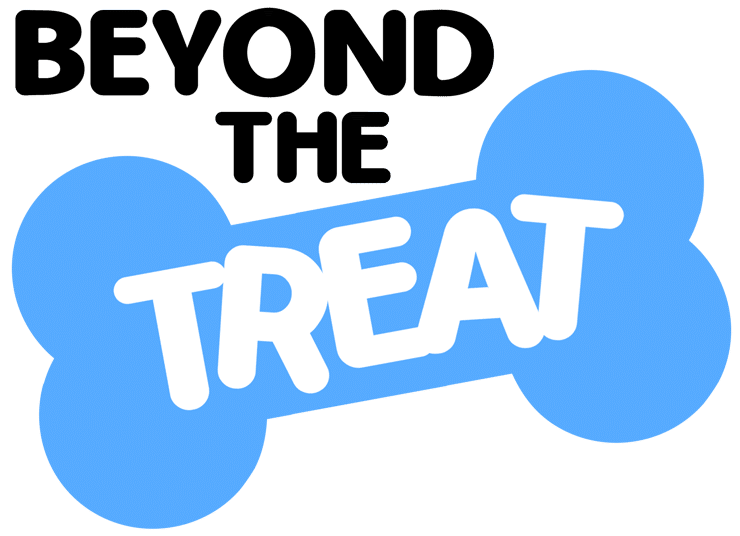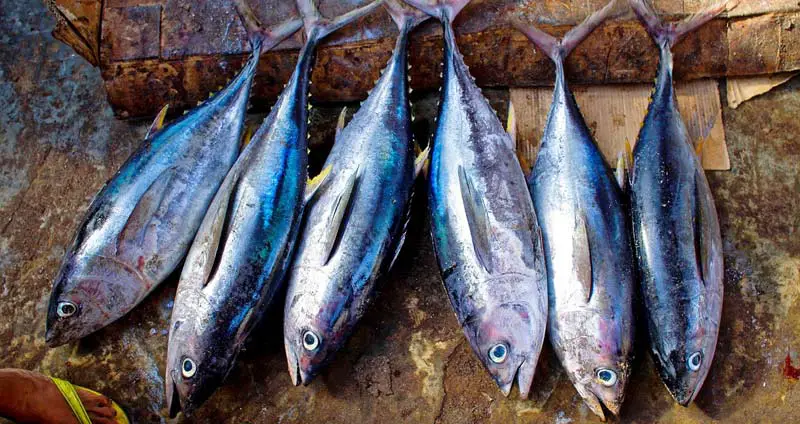Tuna is one of the most popular fish eaten by humans, and it’s pretty clear why that is. It’s a fish that’s an excellent source of selenium, vitamin B, vitamin D, phosphorus, potassium, iodine, magnesium, and protein. With all of the health benefits that come with tuna, you may be wondering: Can ferrets eat tuna?
Due to a ferret’s fine-tuned digestive system, you can feed ferrets tuna, but only in small amounts. Giving your ferret tuna would most likely result in extremely smelly waste and potential indigestion.
Table of Contents
What Do Ferrets Eat In The Wild?
In order to better understand why tuna isn’t the best addition to your ferret’s diet, it would be helpful to learn about what ferrets eat in the wild. Over time, ferrets’ digestive systems have been shaped by the food that they eat naturally in the wild. This makes it extremely important that you keep your ferret’s diet close to what they naturally eat in the wild — their bodies are made that way!
Ferrets are defined as being obligate carnivores, meaning that they absolutely need to eat meat in order to survive. This differs from standard carnivores because unlike carnivores, obligate carnivores can not eat plant matter. In order to get the nutrients that are necessary for survival, ferrets must eat meat. Plants can be eaten, but their digestive system isn’t able to process it at all.
The specific meat that ferrets eat in the wild very greatly, as they eat basically anything that they can catch. Some of the most commonly-eaten animals by ferrets include rabbits, rats, birds, and even snakes. Fish could theoretically be eaten by a wild ferret if it’s put in its presence, but the frequency of that happening is very low.
Why Is Tuna Not The Best For Ferrets?
From reading what ferrets eat in the wild, it’s quite clear why tuna isn’t the best for them to eat. Ferrets are obligate carnivores, and tuna is meat, so technically it’s not entirely off from what ferrets are used to eating. However, because of the fact that ferrets typically don’t eat fish, their bodies can’t effectively process it and get the nutrients that they need from it.
So, ferrets can digest tuna better than they can digest plant matter, but that doesn’t mean that it’s good for them. Eating food that doesn’t have good nutritional content can result in weight gain and a lack of essential vitamins and minerals in your ferret’s diet.
Due to the fact that ferrets simply don’t get much out of fish, there isn’t much of a point to feed it to them beyond a tiny tasting every once in a while.
When Is It Okay To Feed A Ferret Tuna?
Just because tuna isn’t the best for ferrets, doesn’t mean that it had to be avoided entirely. If you are feeding your ferret a well-rounded diet with a healthy kibble, some raw foods, and supplemental treats, tiny pieces of tuna could make for a nice snack. It should never be used to round out your ferret’s diet, though.
If you do opt to feed your ferret tuna, the fish should be fresh and raw. Tuna prepared or served any other way could cause serious health issues. Canned tuna is very high in sodium and other seasonings to help keep it fresh for a very long time, and this reduces its nutrition and can make it harmful for ferrets.
Although ferrets may seem like cats in their dietary requirements, you should not feed your ferret as if they are a cat. Ferrets and cats have very different nutritional needs, and straying too far from their standard diet could have bad side-effects.
The above information is in regards to raw tuna by itself. But what if the tuna is used in a ferret-specific food?
Is Ferret Food With Tuna Okay?
Technically, ferret food that bases their main protein on tuna or fish in general should be okay for ferrets to eat. However, there are virtually no foods that do this, as fish simply doesn’t give ferrets all of the nutrients that they need. There are much more efficient meats that ferrets can be eating, without the side-effect of creating very smelly poops.
If you do want to give your ferrets some fish product, there are alternatives to a fish-based food. One common thing that people do is supplement their ferret’s food with a fish oil. Small amounts can potentially help your ferret’s joint and skin health, but more than that will cause poops to smell terrible and make skin dry and itchy.
OUR RECOMMENDATION
Grizzly Salmon Oil
One of the most popular salmon oil supplements that ferret owners use is this one by Grizzly.
A pump or two into a ferret’s food bowl is usually enough to strengthen a ferret’s coat within weeks.
This is a much safer and healthier way to ensure that your ferrets get the healthy nutrients from fish.
What Meat Should I Feed My Ferret Instead?
Fish does give ferrets some nutritional content that can be beneficial, but it’s nowhere near as efficient at giving these nutrients as some other meats. These meats are also generally cheaper than fish, so it’s all around a better option to go with the more established protein sources.
The most readily-available meat that is excellent for ferrets is chicken or poultry. This is a staple protein source in most ferrets’ diets, is very affordable, and helps to give ferrets most of the vitamins and minerals that they need.
Turkey, lamb, and venison also make for nice protein sources for ferrets. Pork and beef can also be fed, but it’s frequently seen that these meats are harder for ferrets to digest and process.
On top of those primary protein sources, meat meal, liver meal, bone meal, fish meal, and whole eggs should be present in some of the first ingredients in a ferret’s food.


